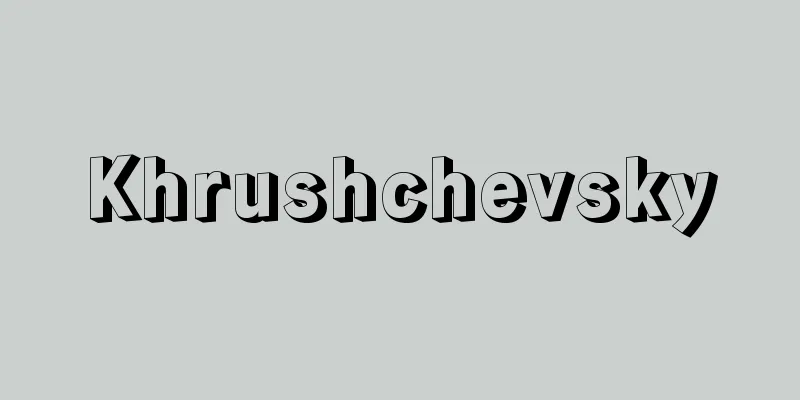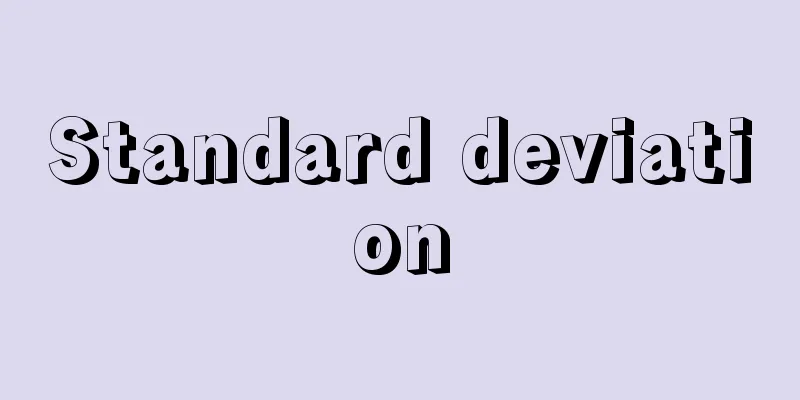Khrushchevsky

|
Ukrainian historian and nationalist leader. Born in Kholm, Western Ukraine (now part of Poland), to a family of renowned educators. He entered Kiev University, where he studied under V. Antonovich, a historian and spiritual leader of Ukraine in the late 19th century, and was greatly influenced by him. In 1894, he was appointed as the first professor of Ukrainian history at Lviv University, which was in the Austrian territory, and in 1897 he became the chairman of the Shevchenko Society, the central figure in Ukrainian cultural activities in Lviv. Under his guidance, the Society published more than 400 volumes on Eastern European history, literature, and ethnography. He also established his own school of history in Lviv, and trained many researchers of Ukrainian history. He returned to Kiev in 1913, but the following year World War I broke out, he was arrested as a leader of the nationalist movement, and was released during the February Revolution of 1917. He became chairman of the Ukrainian Central Rada (meaning council), which was established in Kiev as a national united front. He achieved autonomy in many fields and came into conflict with Russia, but for a short time the Ukrainian People's Republic gained independence, with Khrushevsky as president. Soviet Russia did not recognize this, and he went into exile in Vienna in 1918. He was invited back to Kiev in 1924 and became a member of the Ukrainian Academy of Sciences, and in 1929 was elected to the Academy of Sciences of the USSR. In 1930, however, he was criticized by the Soviet government for promoting Ukrainian nationalism, and was arrested and exiled from Moscow. His health deteriorated after that, and he died in Kislovodsk in the North Caucasus. He wrote over 2,000 works, including his most famous work, History of Ukrainian Rus in 10 volumes (unfinished, 1898-1937), History of Ukrainian Literature in 5 volumes (1922-1926), and Outline of the History of the Ukrainian People (1904). Source : Heibonsha Encyclopedia About MyPedia Information |
|
ウクライナの歴史家,民族運動の指導者。西ウクライナのホルム(現ポーランド領)で高名な教育者の家庭に生まれた。キエフ大学に入り,歴史家で19世紀後半のウクライナの精神的指導者V.アントノビチに師事し多大の影響を受ける。1894年オーストリア領にあったリボフ(リビウ)大学にウクライナ史の初代教授として赴任,1897年リボフでのウクライナ文化活動の中心的存在であるシェフチェンコ協会の会長にもなり,彼の指導のもとで協会は東欧の歴史,文学,民族誌に関する本を400巻以上も出版した。またリボフに彼自身の歴史の学校を設立,ウクライナ史の研究者を数多く育てた。1913年キエフに戻るが,翌年第1次大戦が勃発すると,民族運動のリーダーとして逮捕され,1917年の二月革命で釈放。民族統一戦線としてキエフに成立したウクライナ中央ラーダ(会議の意)の議長になる。各分野で自治を実現してロシアと対立し,短期間だがウクライナ人民共和国として独立,フルシェフスキーが大統領に就任した。ソビエト・ロシアはこれを認めず,1918年ウィーンに亡命。1924年招かれてキエフに戻り,ウクライナ科学アカデミー会員となり,1929年にはソ連邦科学アカデミー会員にも選ばれたが,1930年ソビエト政府からウクライナ民族主義を助長したと批判され,逮捕されてモスクワから追放された。その後健康が悪化し,北カフカスのキスロボーツクで死んだ。その著作は2000点以上もあるが,代表作《ウクライナ・ルーシの歴史》10巻(未完,1898年−1937年)のほか,《ウクライナ文学史》5巻(1922年−1926年),《ウクライナ民族史概説》(1904年)などがある。
出典 株式会社平凡社百科事典マイペディアについて 情報 |
<<: Przheval'skii, Nikolai Mikhailovich
Recommend
Erythrura trichroa (English spelling)
…[Nakamura Toru]. … *Some of the terminology that...
Arum lily frog (English spelling) arum lily frog
...They have a remarkable ability to change their...
Evening coat
〘 noun 〙 (evening coat) A dress for men. It also r...
Show Me State
...The climate is inland and humid continental, a...
Helsingborg (English spelling)
A port city in Malmöhus County, at the southern ti...
Codex Callistus - Codex Callistus
…In the late Middle Ages, religious music showed ...
Verification - Augenscheinbeweis
Evidence examination is when a judge obtains evide...
Suiran - Suiran
A perennial plant of the Asteraceae family that gr...
Tea Fighting
A type of tea ceremony in which participants comp...
Wimbledon Tennis Tournament - Wimbledon Tennis Tournament
The world's oldest tennis tournament, first he...
Eberhard II
…During the Investiture Controversy, Archbishop G...
Overrunning Zone - Overrunning Zone
…Of these, the parallel runway arrangement of = a...
Paranoia - Paranoia (English spelling)
Also known as paranoia or delusional disorder, th...
Thetys vagina
Phylum Protochordata, Subphylum Urichorta, Order S...
Munetake Tayasu
Year of death: 4th June 1771 (15th July 1771) Year...









